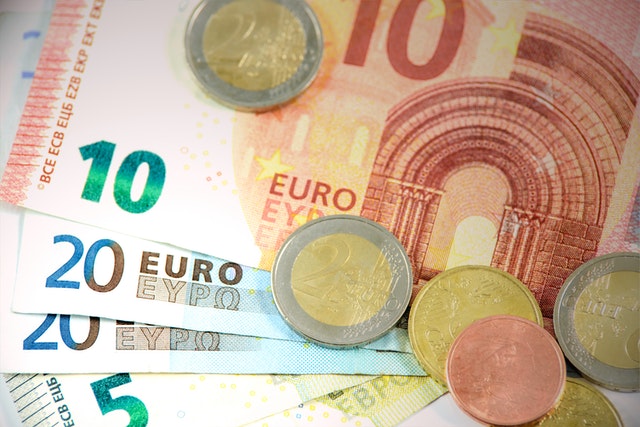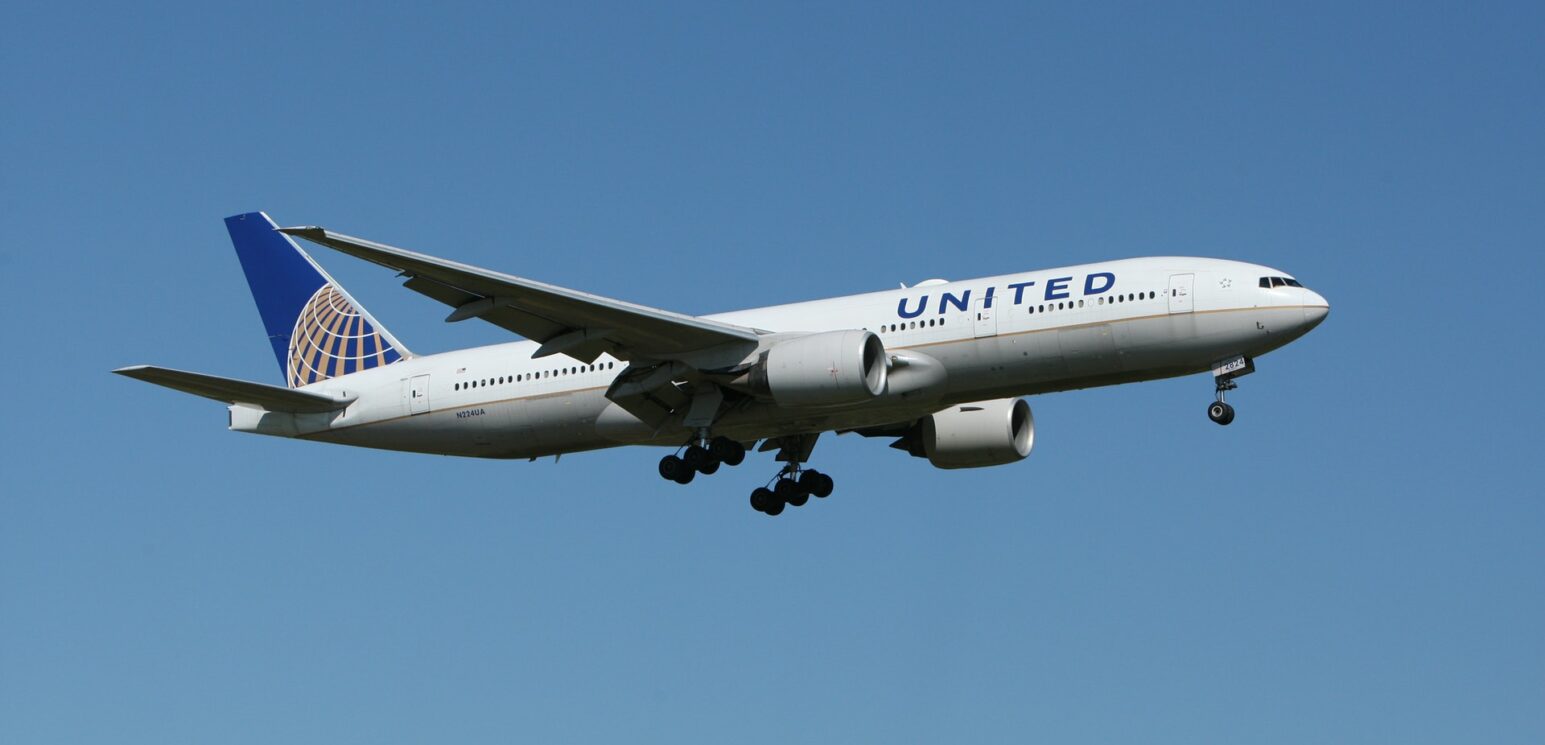As summertime is approaching, students all over the country are packing their bags and are getting ready for study abroad trips. In the past, faculty from the College of Business at WT have taken groups of students abroad. They have taken students on such trips to Germany, Switzerland and Austria, or Scandinavia and the Baltics.
If you are (like me) unable to travel this year, let me take you on a little virtual study abroad trip. We will visit my home country of Germany and its neighbor Switzerland instead.
Virtual Study Abroad Stop 1: Frankfurt, Germany
Frankfurt, or officially Frankfurt am Main, is the fifth largest city in Germany and the financial capital of the country. It is nicknamed “Mainhattan” (thanks to its skyline) or “Bankfurt.” Frankfurt is home to the European Central Bank, the Deutsche Bundesbank (German Federal Bank) and numerous commercial banks such as Deutsche Bank, Commerzbank or DZ Bank.
The European Central Bank (ECB) is the central bank for all 19 countries of the euro area. It is unlike the Federal Reserve in the United States which has a dual mandate of maintaining price stability and full employment. Instead, the ECB’s primary objective is price stability, which they define by inflation around 2%. They strive to achieve this goal through various monetary policy instruments. These include key interest rates, refinancing operations, asset purchases and reserve requirements. This monetary policy affects all member states of the euro area, who share the euro as their common currency.

Photo by Pixabay from Pexels
For us as travelers, the euro zone is very convenient. We can easily travel from Germany to Austria, the Netherlands or Italy, among others. We thus do not have to exchange money. Long gone are the days of my childhood when my parents carried four different currencies on our summer vacation road trip from Germany (which used to have the Deutsche Mark as its currency) through Austria (formerly using the Schilling) and Switzerland (still using Swiss Francs today) to Italy (formerly using the Italian Lira). You can easily see how the euro has make travel much easier. Just imagine how it has facilitated doing business among these European countries!
Stop 2: Zurich, Switzerland
Zurich is Frankfurt’s Swiss counterpart – the finance capital and largest city of Switzerland. For a long time, Swiss banks were synonymous with the highest level of client confidentiality. This had been used to protect assets of individuals persecuted by the Nazi regime in 1940s. It was also abused by people to evade taxes. In 2014, Switzerland was one of the countries that joined the Common Reporting Standard. This required the exchange of information between countries regarding individuals’ financial accounts.

Photo by David Taljat from Pexels
Speaking of money, as mentioned before, Switzerland is not part of the euro area and still has its own currency, the Swiss Franc. When traveling to Switzerland from Germany, you will find that some places, especially close to the border, may allow you to pay your bill in Euro. They will then add a charge for their troubles of having to exchange the money to Swiss Francs. A trip to Switzerland is a great example for why exchange rates matter for travelers and international businesses.
Let’s say when we travel to Switzerland, we want to exchange $100 for Swiss Francs (CHF). Currently, in early May 2022, 1 CHF roughly costs 1.02 USD. This means, our $100 will buy us approximately 98 CHF. Last year, in May 2021, 1 CHF cost 1.11 USD and $100 would have only gotten us 90 CHF. Even if prices for all goods and services in Switzerland stayed the same, we would now be able to buy less with our US dollars.
The “Big Mac Index”
Another thing you may notice when you travel to Switzerland is that a lot of things seem really expensive. To illustrate this difference in purchasing power, the magazine “The Economist” publishes the “Big Mac Index.” This shows how much a Big Mac costs at McDonald’s restaurants around the world. In December 2021, a Big Mac in Switzerland cost 6.50 CHF, which translated to a little over $7, while the same Big Mac was around $5.80 in the United States. If you live and work in Switzerland, then these higher prices will likely (at least partially) be offset by higher average incomes. As a tourist, though, you may find yourself skimping for a couple of days.
Since the cost of living is higher in Switzerland than in its neighboring countries, many Germans who work in Switzerland choose to live in Germany and commute across the border every day. Likewise, Swiss residents along the border travel across the border to Germany or France regularly. They go grocery shopping and take advantage of lower prices there. Fun fact – not only are groceries cheaper in Germany as it is, but shoppers from Switzerland can get reimbursed for the sales tax on top of that.
Stop 3: Munich, Germany
After our little excursion to Switzerland, let’s take an imaginary train back to Germany and head to Munich, the capital of the state of Bavaria and Germany’s third largest city. German trains have a reputation of running like clockwork. This is something that most Germans will probably laugh at, since we tend to complain that trains are always delayed. Official statistics show that so far this year, more than 90% of regional trains arrive within six minutes of their scheduled arrival. For long distance trains, this number is significantly lower at roughly 75%. Americans who travel long distance by rail in the US will likely call us spoiled if we complain about that. Only around half of long distance trains arrive on schedule, with much more substantial delays.

Photo by Sascha Hormel from Pexels
But, delay or not, we made it to Munich! Most visitors associate Munich with the “Oktoberfest” festival and beer, but the city is also known as the home of BMW, Siemens (electronics), Allianz (insurance), MAN (truck manufacturing), Infineon (semiconductors), and for the soccer fans, Bayern Munich, of course. Moreover, Munich is only 80 miles from the Bavarian Alps where we can enjoy nature, outdoor activities such as hiking and mountain biking and breathtaking views. Needless to say, tourism is another important sector of the Bavarian economy.

Photo by Brett Sayles from Pexels
As you see, there is a lot to explore in and around Germany. Thanks for coming along with me on this little virtual study abroad trip! If you are interested in experiencing other cultures in real life, become a Buff and join us on our future study abroad adventures!
Dr. Anne-Christine Barthel
Assistant Professor of Economics and Decision Management


